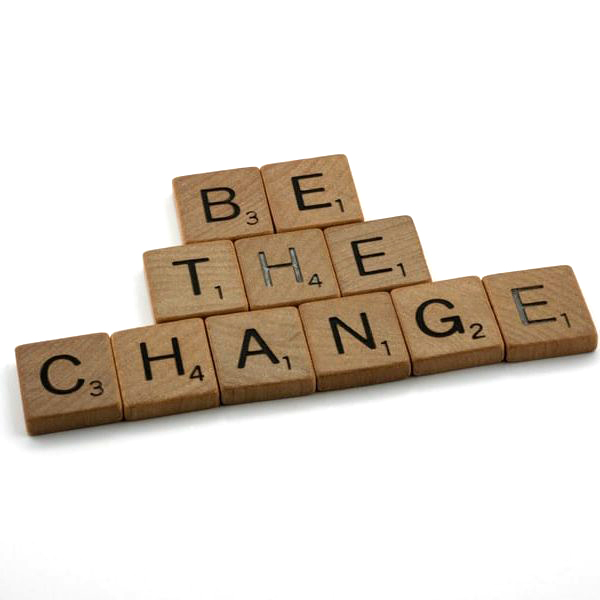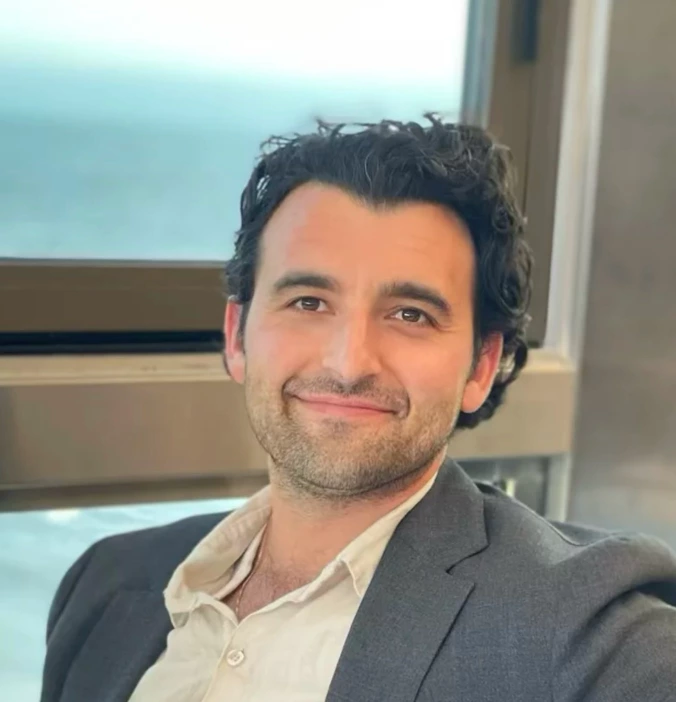“I commit to taking full responsibility for the circumstances of my life and for my physical, emotional, mental, and spiritual well-being. I commit to supporting others to take full responsibility for their lives”
Commitment 1: Jim Dethmer, Diana Chapman, and Kaley Warner Klemp
The opposite of taking responsibility is placing blame. Placing blame puts us at the effect of circumstances and creates a gulf between ourselves and what we can do about it. Even when we blame ourselves, we undermine our ability to take responsibility because we are seeing ourselves as both the villain and the victim in a dynamic that is inherently wired to perpetuate problems.
Whereas, taking responsibility is an act of acceptance that is rooted in trusting oneself and the process of choosing to be present and open with whatever might happen.
Taking full responsibility is striving to uphold this practice of acceptance amongst all odds:
“The practice saves us from the poverty of our intentions.”
Elizabeth King, as cited in Seth Godin‘s The Practice
Where there is acceptance, there is learning, curiosity, and wonder. Learning, curiosity, and wonder are antidotes to suffering and they are all acts of behavior that are rooted in intrinsic motivation.
Intrinsic motivation fuels action that is much more about expression than it is about being right. Whereas, blaming creates a false dichotomy of right versus wrong. Taking full responsibility transcends right and wrong and attributes meaning based on learning potential.




